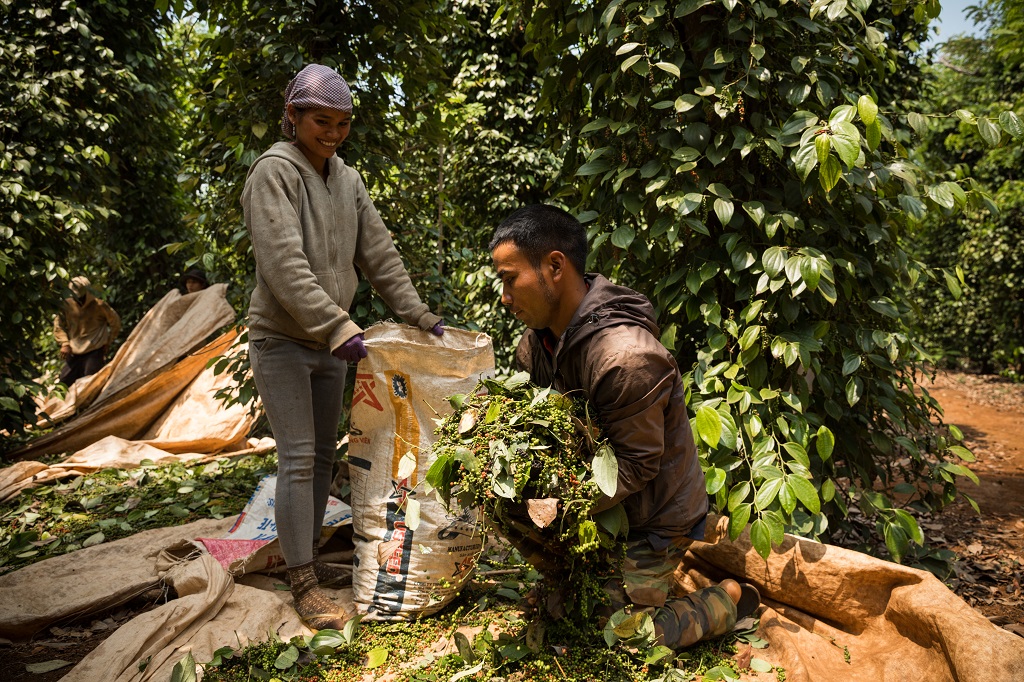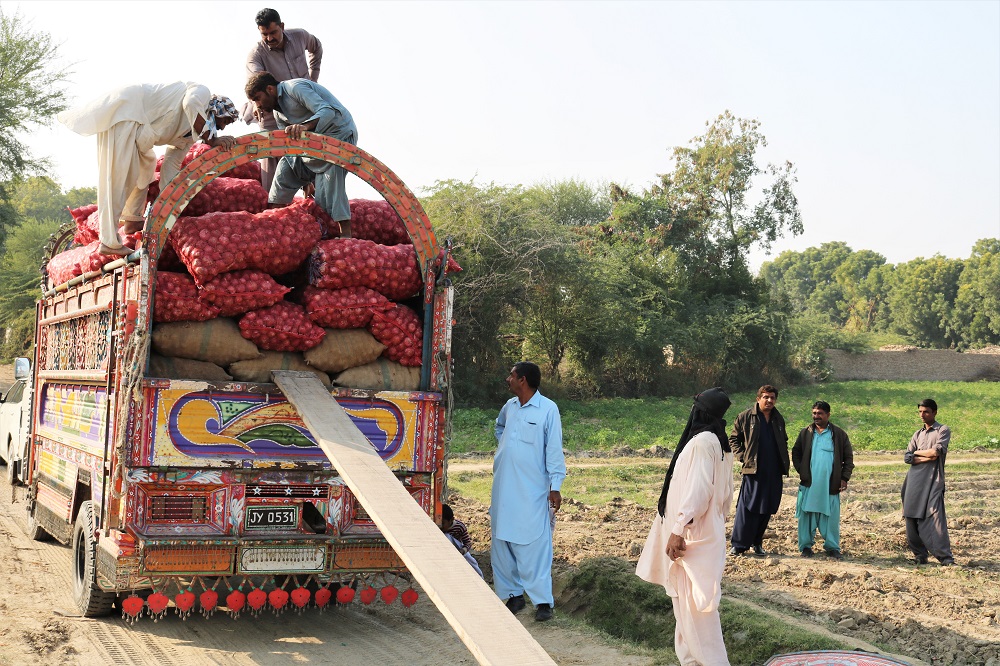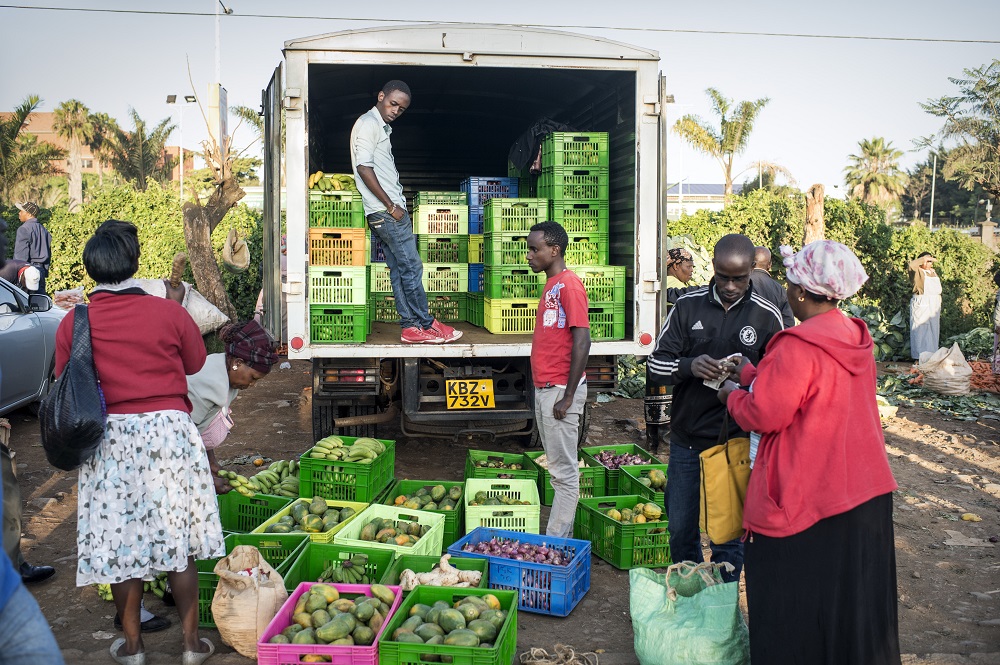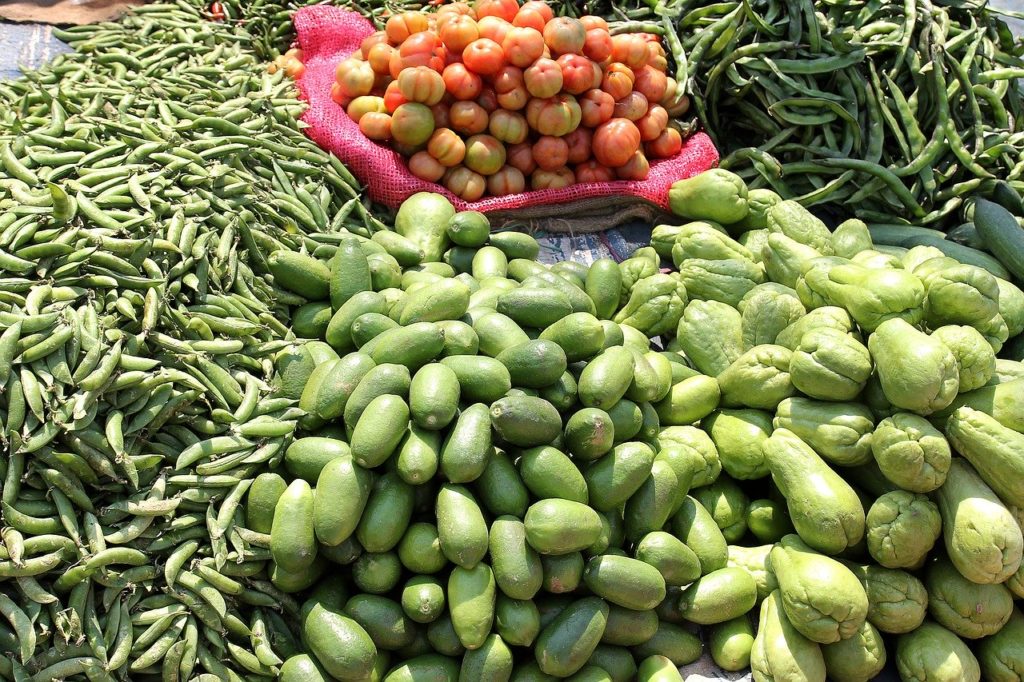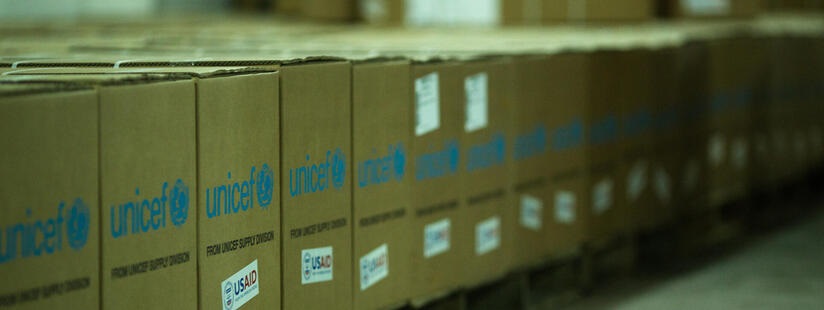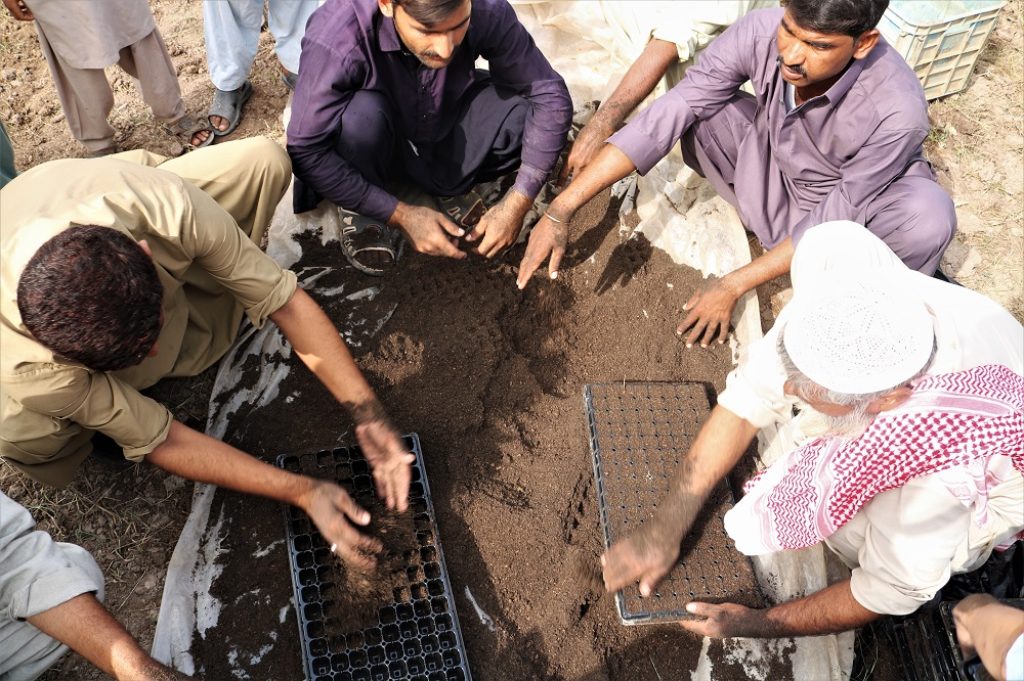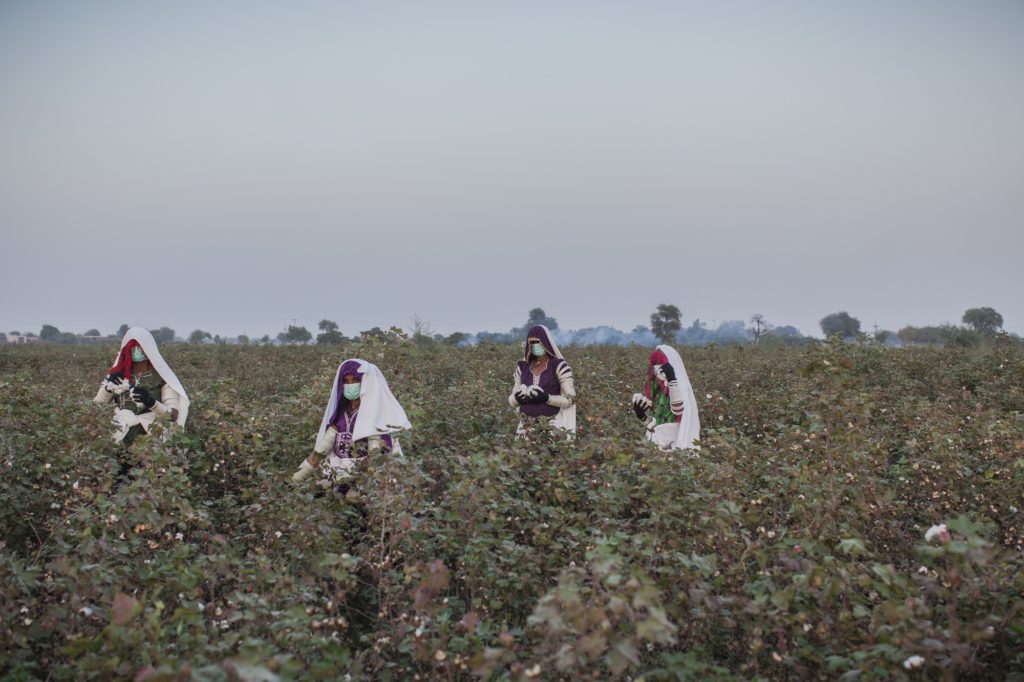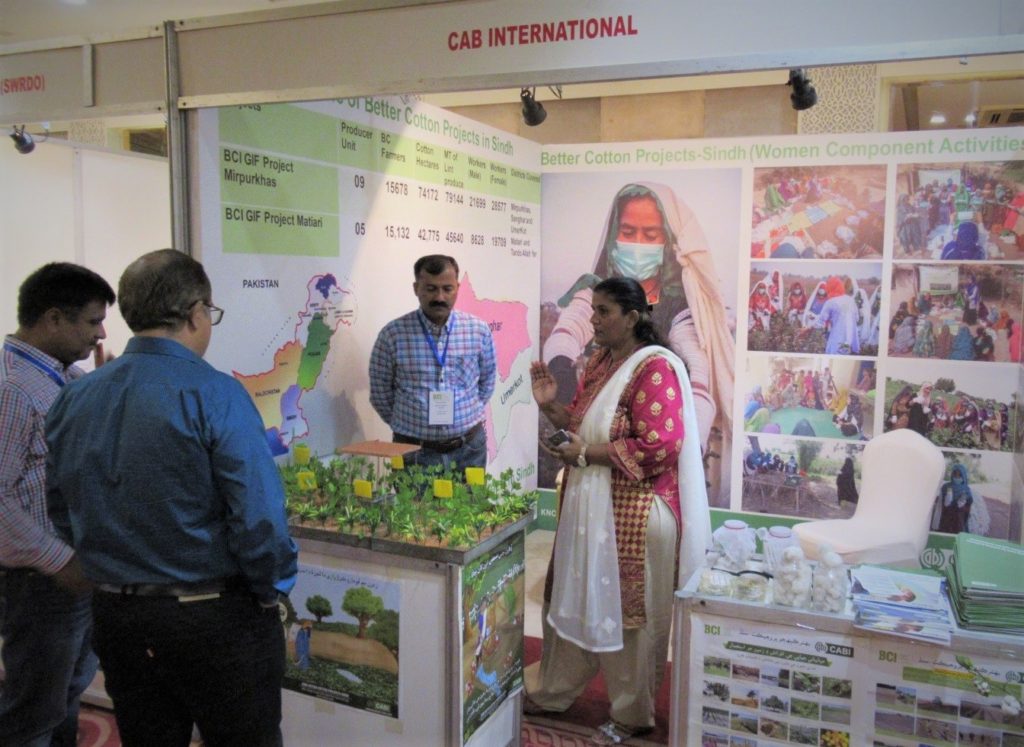Working in partnership to increase safe and efficient trade of agriculture in East Africa
CABI, together with a law firm KO and Associates, have been contracted by Land O Lakes Venture 37 (V37) TRASE (Trade in Agriculture Safely and Efficiently) project, funded by the United States Department for Agriculture (USDA), to conduct a comprehensive assessment of sanitary and phytosanitary (SPS) systems implemented in the East African Community (EAC).
Coronavirus and the Implications for Food Systems and Policy
In this blog, which originally appeared on the Agrilinks website, we take a look at the potential for COVID-19 to impact local and global food systems and their ability to provide safe, affordable, and nutritious food as well as sufficient incomes for people working in food and agriculture sectors. We thank the authors Billy Hall,…
Striving for Organic Agriculture Policy and Non-GMO Seed Multiplication in Pakistan
Around 25 million agricultural workers in developing countries suffer from pesticide poisoning each year – including a significant number of women, says the World Health Organization (WHO). The presence of pesticides in food items and their accumulation in tissues has direct toxic effects on humans and other non-target organisms. There are serious ecological and environmental…
Cotton farmer reveals the benefits of sustainable pest management strategies in Pakistan
A cotton farmer from Pakistan has revealed how support from CABI, as part of the Better Cotton Initiative (BCI), is helping her implement more sustainable pest management strategies to protect her crops and produce higher and more profitable yields.




